NEW CASE STUDY: How we built top-rated shopping apps for Crate & Barrel and CB2 ![]()
NEW CASE STUDY: How we built top-rated shopping apps for Crate & Barrel and CB2 ![]()
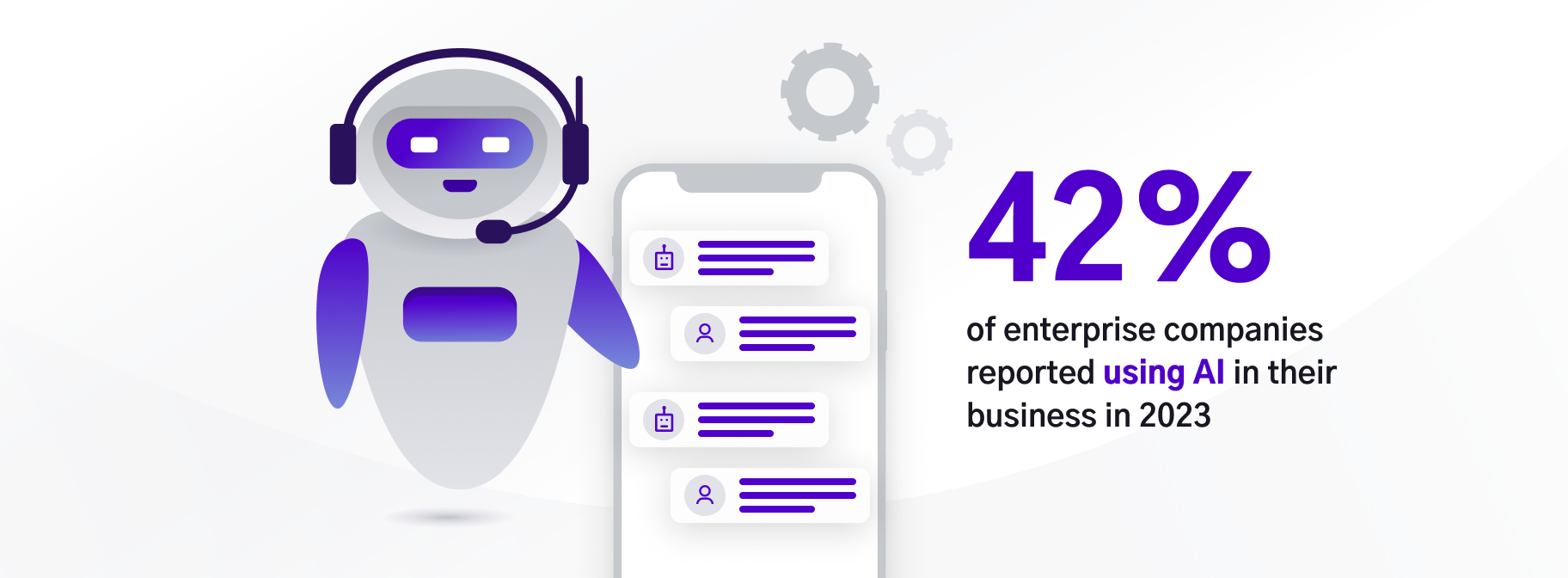
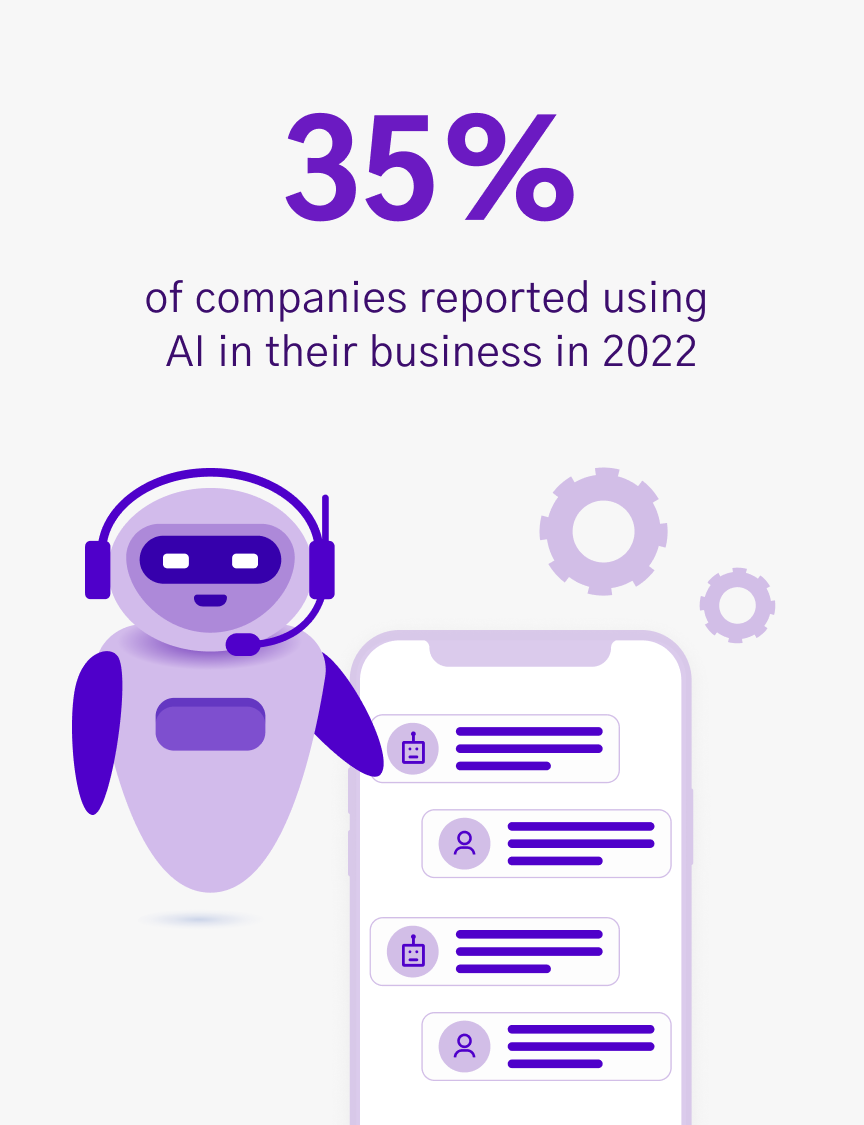
Artificial intelligence continues to be the hottest topic in tech, permeating everything from global headline news to everyday office Slack chats. Building on the momentum of tools like ChatGPT, which attracted over 100 million users in just two months after its 2022 launch, AI technology continues to see notable advancements and increased adoption at hyper speed. As of early 2024, the AI landscape continues to evolve rapidly with emerging tools like Google's Gemini Advanced giving ChatGPT a run for its money and OpenAI's Sora wowing users with its photorealistic text-to-video capabilities.
Recent surveys emphasize that AI is no longer a future concept but a present reality in many organizations. A 2023 IBM report revealed that 42% of enterprise companies surveyed have actively deployed AI in their business, with an additional 40% saying they're currently exploring or experimenting with AI. This growing integration of AI is reshaping various sectors, including software development, where it's streamlining processes, enhancing efficiency, and opening new avenues for creative problem-solving.
Here are four of the ways that AI is changing the software development landscape right now, as we’ve witnessed (and in some cases, harnessed) here at Heady.
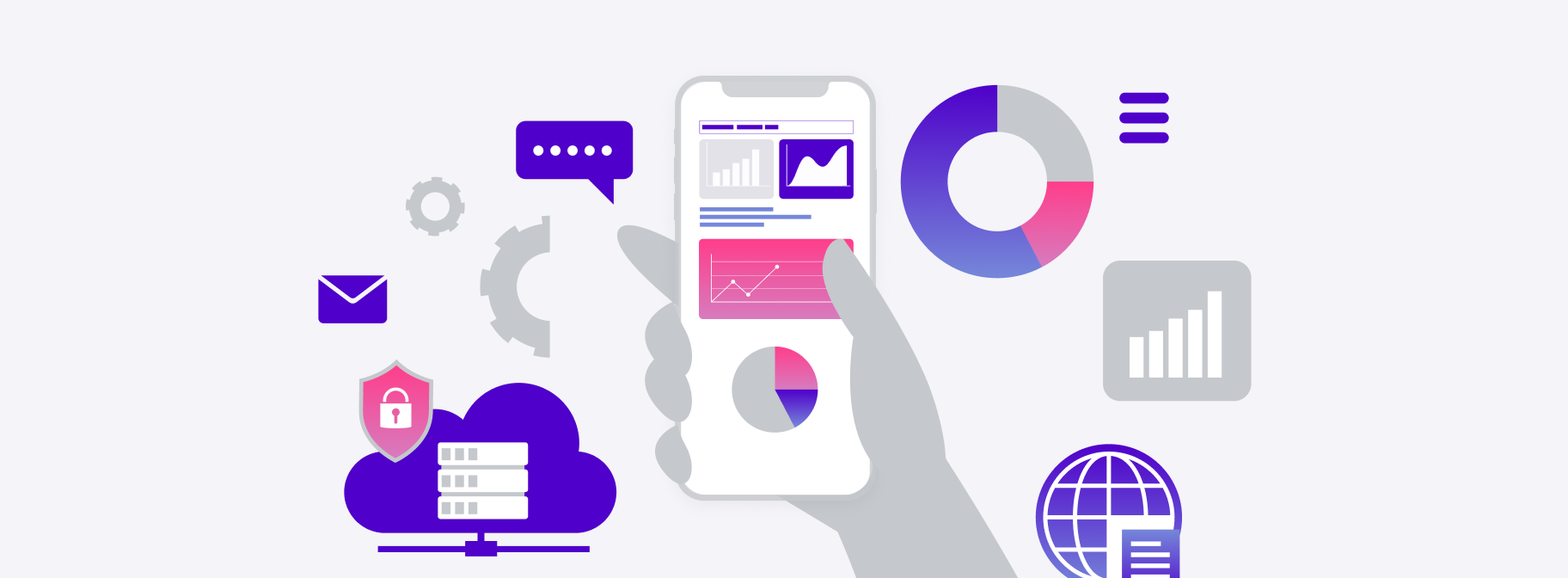
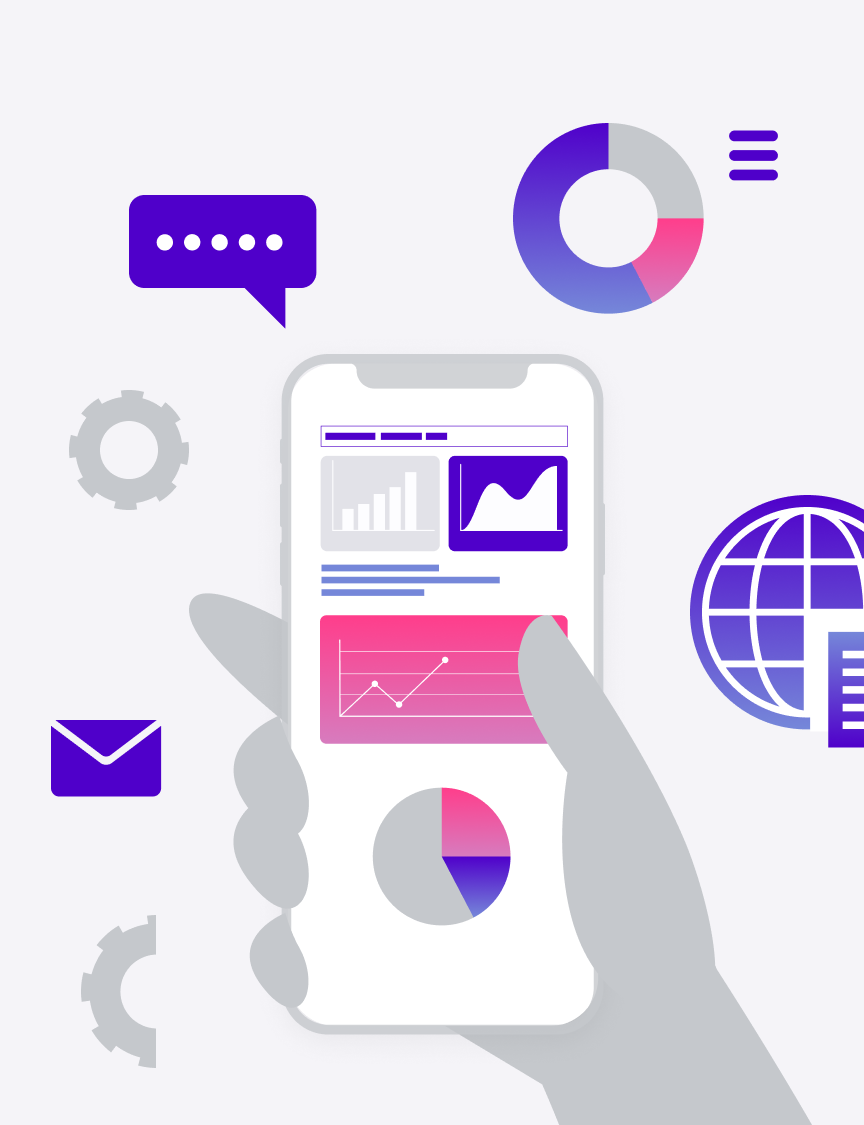
At Heady we’ve seen firsthand the benefits of AI-driven automation in the software development process. Tools such as GitHub Copilot have been game-changers, providing assistance with auto-completion, detecting repetitive code, and converting comments to code. GitHub Copilot can use AI to generate whole code constructs or even entire programs with error-handling abilities. This frees developers up to focus on more complex tasks while the AI assistant handles repetitive tasks with fewer keystrokes and helps write boilerplate code more quickly.
In the software development world, the code review process plays a critical role in ensuring high-quality code and identifying potential vulnerabilities. At Heady, we’ve adopted AI-assisted code review and analysis tools such as Amazon CodeGuru and DeepCode to enhance our code quality and security.
Amazon CodeGuru, a developer tool that utilizes machine learning, offers intelligent recommendations for improving code quality and identifying an application's most expensive lines of code. Integrating CodeGuru into our existing software development workflow enables us to automate code reviews during the app development process and continuously monitor the app's performance in production. This provides valuable insights and visual cues on how we can improve code quality and application performance while reducing overall cost.
Another AI-powered tool that has proven effective in the code-reviewing process is DeepCode. This tool leverages machine learning to identify bugs and vulnerabilities within the code, offering possible fixes for any issues it detects. In doing so, DeepCode helps developers write higher-quality code and more efficiently diagnose errors.
Incorporating AI-assisted tools such as GitHub Copilot, Amazon CodeGuru, and DeepCode allows devs to streamline our workflow, ensure more secure and efficient code, and ultimately, deliver better software products for clients.
Artificial intelligence continues to be the hottest topic in tech, permeating everything from global headline news to everyday office Slack chats. Building on the momentum of tools like ChatGPT, which attracted over 100 million users in just two months after its 2022 launch, AI technology continues to see notable advancements and increased adoption at hyper speed. As of early 2024, the AI landscape continues to evolve rapidly with emerging tools like Google's Gemini Advanced giving ChatGPT a run for its money and OpenAI's Sora wowing users with its photorealistic text-to-video capabilities.
Recent surveys emphasize that AI is no longer a future concept but a present reality in many organizations. A 2023 IBM report revealed that 42% of enterprise companies surveyed have actively deployed AI in their business, with an additional 40% saying they're currently exploring or experimenting with AI. This growing integration of AI is reshaping various sectors, including software development, where it's streamlining processes, enhancing efficiency, and opening new avenues for creative problem-solving.
Here are four of the ways that AI is changing the software development landscape right now, as we’ve witnessed (and in some cases, harnessed) here at Heady.
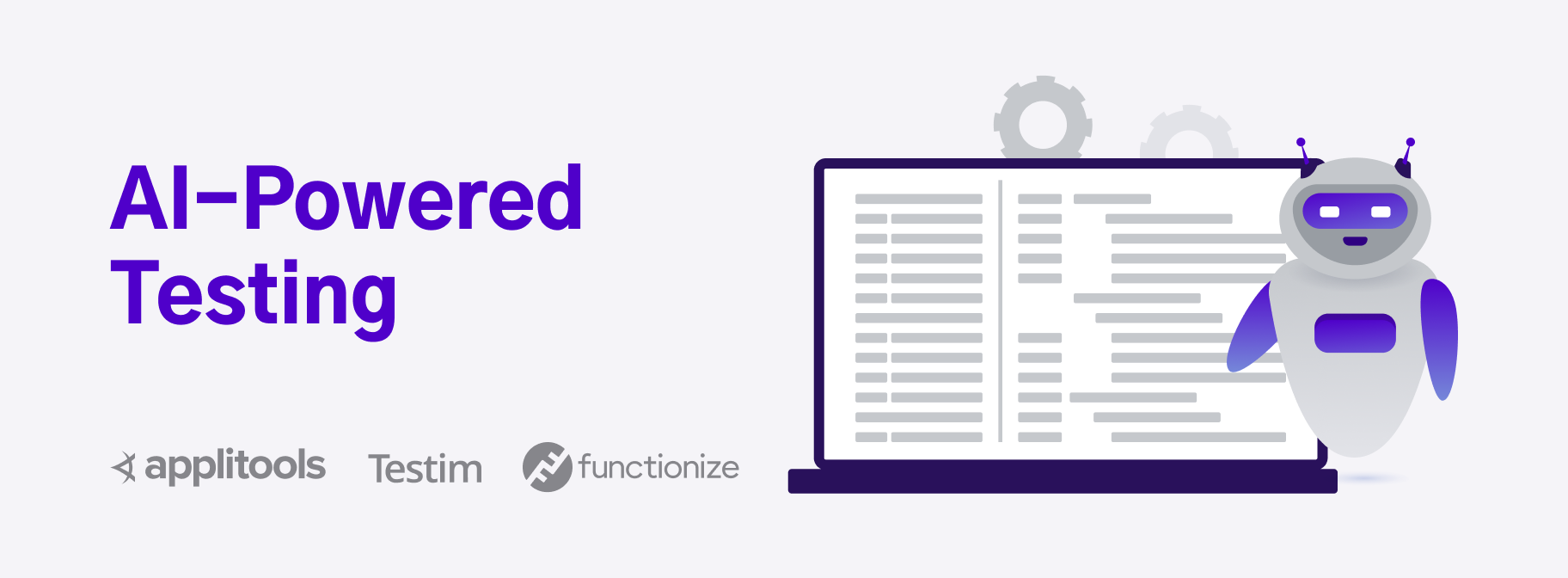
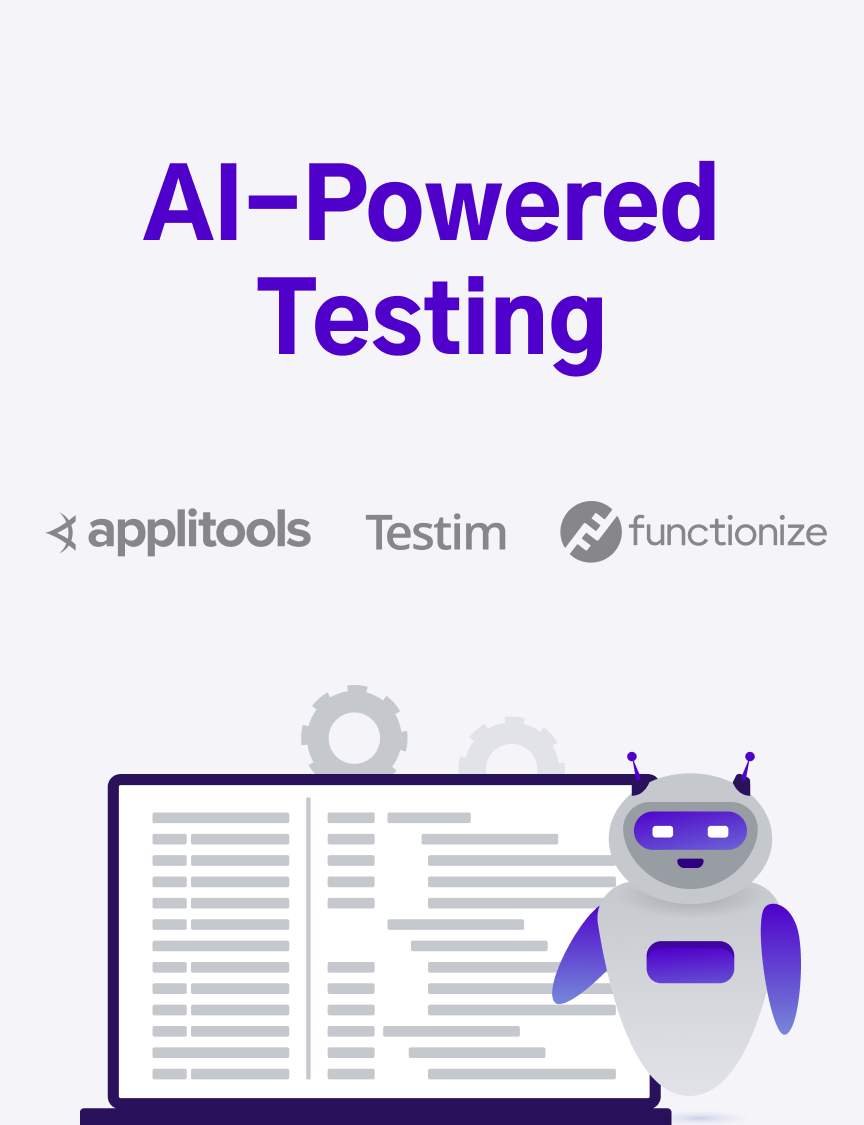
When it comes to using AI in software development, one of the most valuable applications is within the testing process. AI-powered applications such as Applitools, Testim, and Functionize have significantly enhanced testing capabilities for developers by providing predictive analysis tests, automated test generation, defect analysis, and innovative testing strategies.
By leveraging the power of AI, developers can speed up the testing process through efficient test creation and execution. AI-driven testing tools are trained on past data, allowing them to predict potential test flows and identify issues more accurately. Predicting potential issues means developers can proactively address them, leading to a higher quality end product.
Some of the tools that have proven useful in AI-powered testing processes include:
These AI-powered testing tools and methodologies enable developers to not only improve the speed and efficiency of their testing processes, but also ultimately deliver higher-quality, more reliable software products.
Artificial intelligence continues to be the hottest topic in tech, permeating everything from global headline news to everyday office Slack chats. Building on the momentum of tools like ChatGPT, which attracted over 100 million users in just two months after its 2022 launch, AI technology continues to see notable advancements and increased adoption at hyper speed. As of early 2024, the AI landscape continues to evolve rapidly with emerging tools like Google's Gemini Advanced giving ChatGPT a run for its money and OpenAI's Sora wowing users with its photorealistic text-to-video capabilities.
Recent surveys emphasize that AI is no longer a future concept but a present reality in many organizations. A 2023 IBM report revealed that 42% of enterprise companies surveyed have actively deployed AI in their business, with an additional 40% saying they're currently exploring or experimenting with AI. This growing integration of AI is reshaping various sectors, including software development, where it's streamlining processes, enhancing efficiency, and opening new avenues for creative problem-solving.
Here are four of the ways that AI is changing the software development landscape right now, as we’ve witnessed (and in some cases, harnessed) here at Heady.
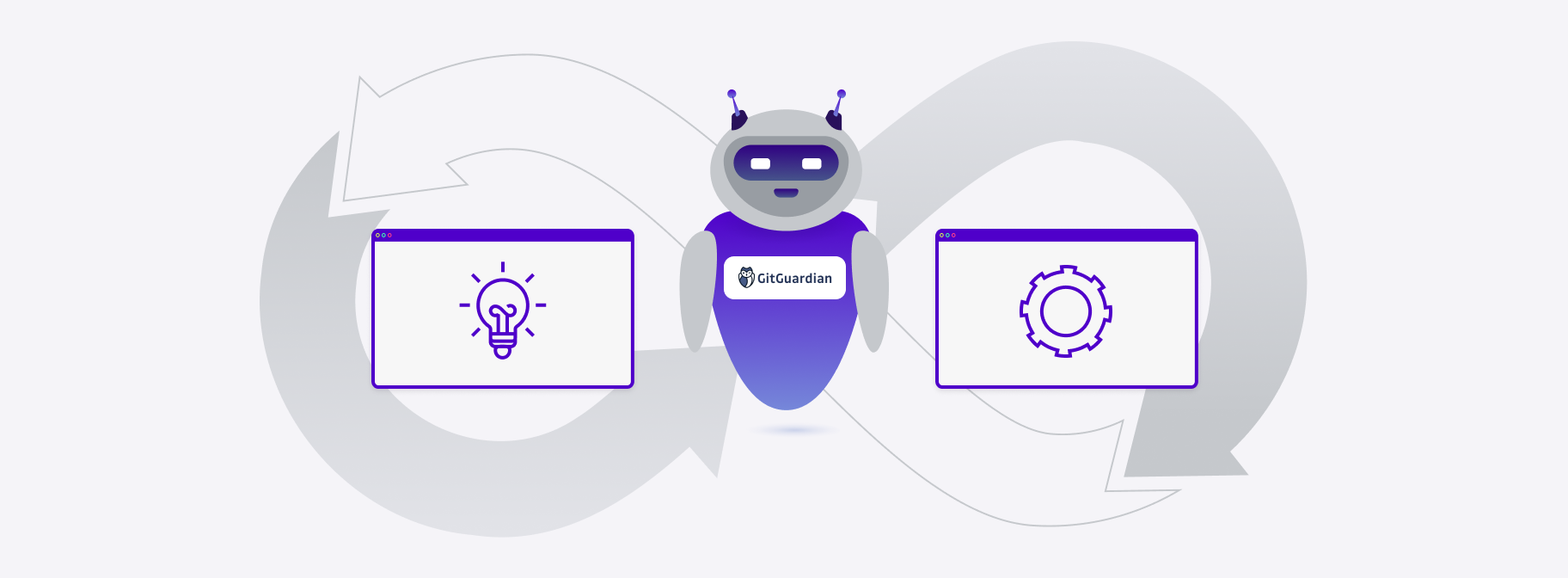
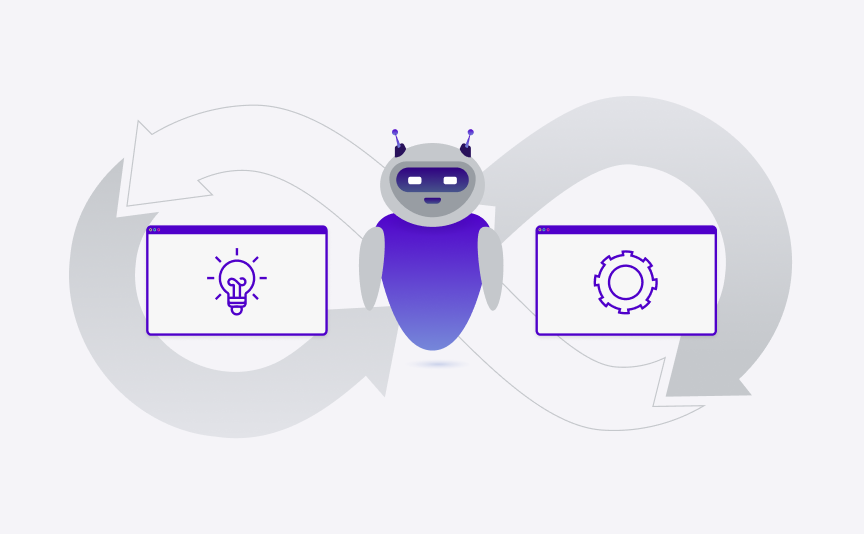
With the rise of AI we've seen increased automation in operational workflows, a development referred to as Artificial Intelligence for IT Operations (AIOps). AIOps uses AI to optimize operational processes across various aspects of software development.
Numerous AI applications, such as GitGuardian, are available to scan code for sensitive data, optimize CI/CD pipelines, and identify inefficiencies and bottlenecks in deployment processes. These tools allow developers to automate canary verifications, prioritize tests, optimize cloud costs, and determine the impact of changes, among other tasks.
Amazon DevOps Guru, a machine learning-powered service, simplifies the enhancement of an application's operational performance and availability. It detects deviations from standard operating patterns, enabling developers to identify and address operational issues before they affect clients and/or users.
Other AI solutions for DevOps can identify heavily used resources and suggest optimal solutions, and analyze historic system data to predict potential system downtime and massive user traffic in order to scale the infrastructure. They can also cache frequently accessed endpoints and provide insights on page elements that need improvement.
Several other AI-powered tools, such as CloudBees, Harness, and CircleCI, help automate operations workflows, making it easier for developers to streamline their DevOps practices and deliver high-performing, reliable applications.
Artificial intelligence continues to be the hottest topic in tech, permeating everything from global headline news to everyday office Slack chats. Building on the momentum of tools like ChatGPT, which attracted over 100 million users in just two months after its 2022 launch, AI technology continues to see notable advancements and increased adoption at hyper speed. As of early 2024, the AI landscape continues to evolve rapidly with emerging tools like Google's Gemini Advanced giving ChatGPT a run for its money and OpenAI's Sora wowing users with its photorealistic text-to-video capabilities.
Recent surveys emphasize that AI is no longer a future concept but a present reality in many organizations. A 2023 IBM report revealed that 42% of enterprise companies surveyed have actively deployed AI in their business, with an additional 40% saying they're currently exploring or experimenting with AI. This growing integration of AI is reshaping various sectors, including software development, where it's streamlining processes, enhancing efficiency, and opening new avenues for creative problem-solving.
Here are four of the ways that AI is changing the software development landscape right now, as we’ve witnessed (and in some cases, harnessed) here at Heady.


Beyond improving software development processes for developers, AI has also made it more accessible to non-technical employees. Tools like ChatGPT, which can generate software scripts upon request, empower non-developers to participate in software creation without extensive programming knowledge.
This shift has also led to the rise of no-code or low-code development platforms, such as Amazon SageMaker and Apple CreateML. These platforms enable users to build applications through intuitive visual interfaces, typically utilizing either a drag-and-drop interface or a wizard. With drag-and-drop interfaces, users can select and arrange elements within their application visually, while wizards guide users through a series of questions and dropdown menu selections to configure the app.
At Heady, tech is in our DNA, and our robust engineering team means we don't currently have a direct use case for utilizing no-code/low-code development platforms. However, we recognize the potential of these platforms to make software development more inclusive and diverse as they enable a wider range of team members to contribute to software development.
Artificial intelligence continues to be the hottest topic in tech, permeating everything from global headline news to everyday office Slack chats. Building on the momentum of tools like ChatGPT, which attracted over 100 million users in just two months after its 2022 launch, AI technology continues to see notable advancements and increased adoption at hyper speed. As of early 2024, the AI landscape continues to evolve rapidly with emerging tools like Google's Gemini Advanced giving ChatGPT a run for its money and OpenAI's Sora wowing users with its photorealistic text-to-video capabilities.
Recent surveys emphasize that AI is no longer a future concept but a present reality in many organizations. A 2023 IBM report revealed that 42% of enterprise companies surveyed have actively deployed AI in their business, with an additional 40% saying they're currently exploring or experimenting with AI. This growing integration of AI is reshaping various sectors, including software development, where it's streamlining processes, enhancing efficiency, and opening new avenues for creative problem-solving.
Here are four of the ways that AI is changing the software development landscape right now, as we’ve witnessed (and in some cases, harnessed) here at Heady.
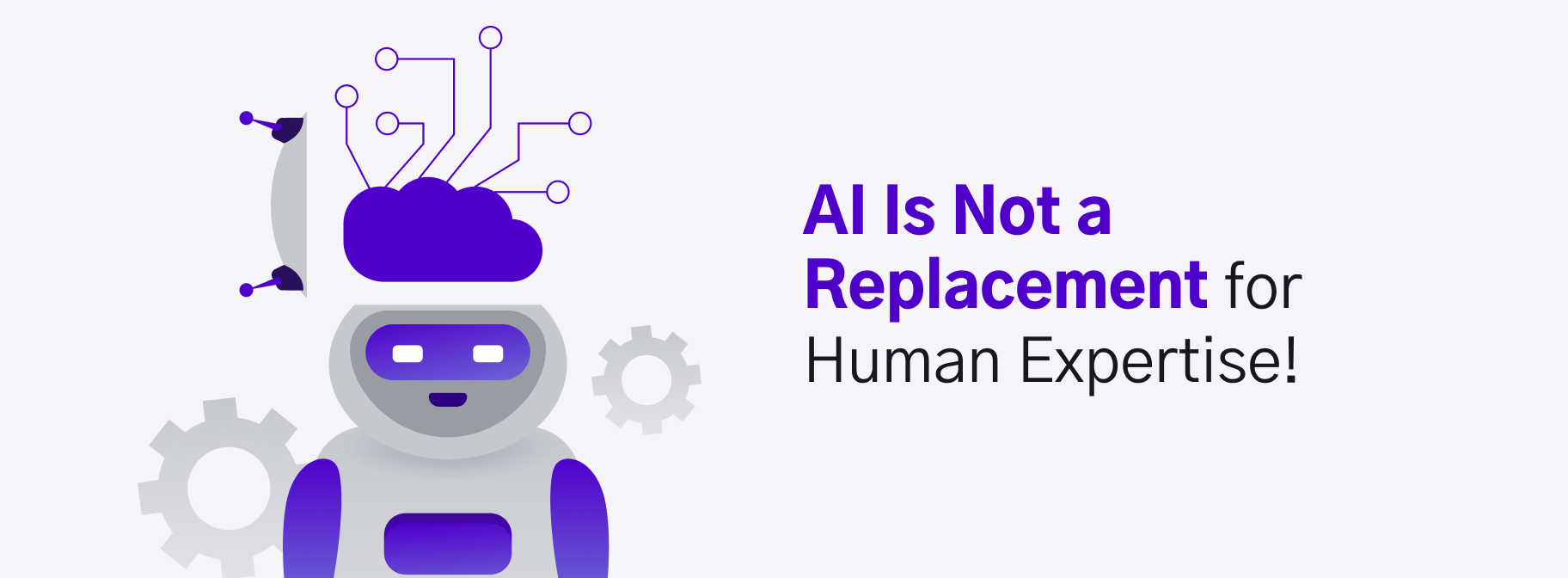
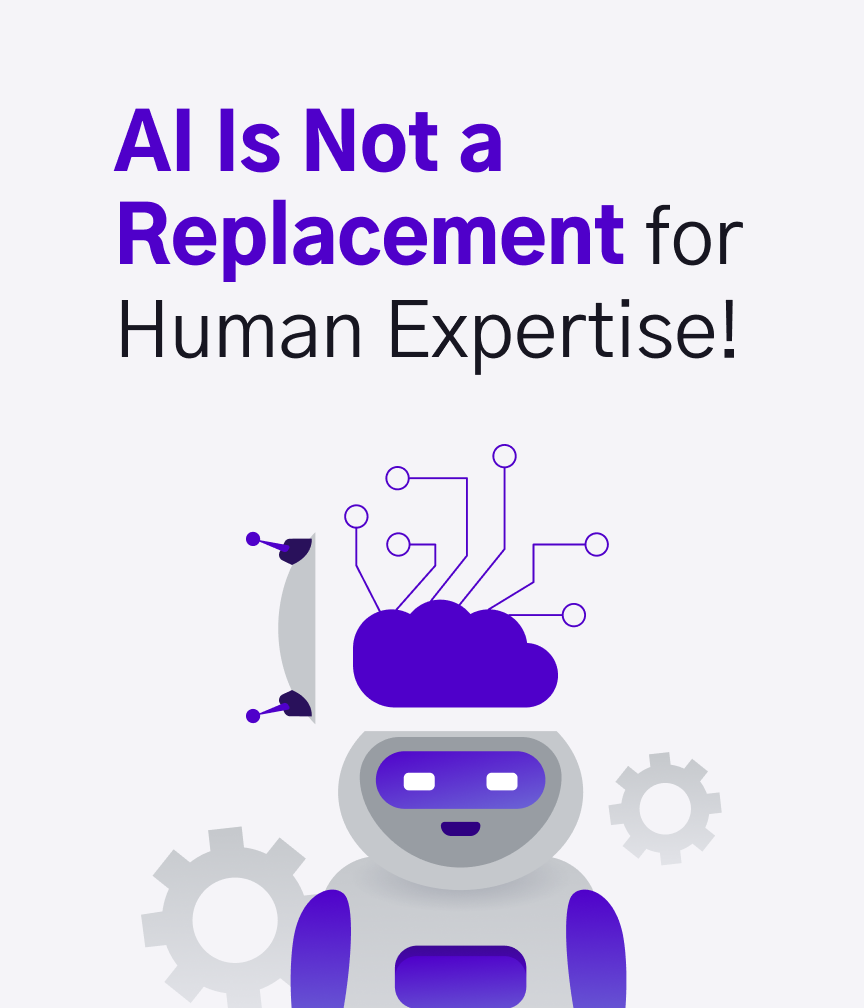
AI is changing the landscape for software development companies in many ways, but it's important to note that AI isn’t a replacement for human expertise. While AI can help automate routine tasks, it's crucial to ensure that humans are still involved in decision-making processes. As development companies adopt AI, it's essential to strike a balance between human expertise and AI technology to achieve the best outcomes.
As the explosion in popularity of generative AI tools has shown us, AI has made major strides in recent years, but it’s still a relatively new technology considered to be in its early stages of development. This technology is constantly evolving, and there’s still so much to be discovered in terms of its potential applications and limitations. As AI continues to advance and mature, it’s expected to play an increasingly important role in shaping the future of countless industries, with software development being just one of them.
AI has the ability to automate many routine tasks, process large amounts of data in real time, and improve the efficiency of development processes. But companies must also be aware of the challenges posed by AI, such as the need to invest in new skills and technologies and the ethical considerations associated with AI. As the technology continues to evolve and mature, it’s bound to play an even more significant role in shaping the future of software development.
But of course, the question on many people’s minds is: “Will AI replace software developers altogether?” In our view, human developers need not worry about being replaced, as their unique expertise is still irreplaceable.
Jayant Chauhan is a Software Engineer at Heady. Software Engineer Valentina Rodrigues and Product Manager Christopher Galbraith also contributed to this blog.
Artificial intelligence continues to be the hottest topic in tech, permeating everything from global headline news to everyday office Slack chats. Building on the momentum of tools like ChatGPT, which attracted over 100 million users in just two months after its 2022 launch, AI technology continues to see notable advancements and increased adoption at hyper speed. As of early 2024, the AI landscape continues to evolve rapidly with emerging tools like Google's Gemini Advanced giving ChatGPT a run for its money and OpenAI's Sora wowing users with its photorealistic text-to-video capabilities.
Recent surveys emphasize that AI is no longer a future concept but a present reality in many organizations. A 2023 IBM report revealed that 42% of enterprise companies surveyed have actively deployed AI in their business, with an additional 40% saying they're currently exploring or experimenting with AI. This growing integration of AI is reshaping various sectors, including software development, where it's streamlining processes, enhancing efficiency, and opening new avenues for creative problem-solving.
Here are four of the ways that AI is changing the software development landscape right now, as we’ve witnessed (and in some cases, harnessed) here at Heady.
Our emails are (almost) as cool as our digital products.
Your phone will break before our apps do.

© 2025, Heady LLC.